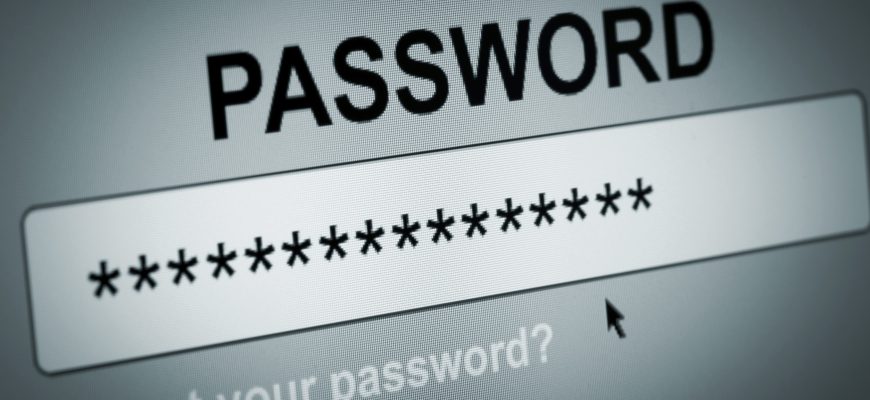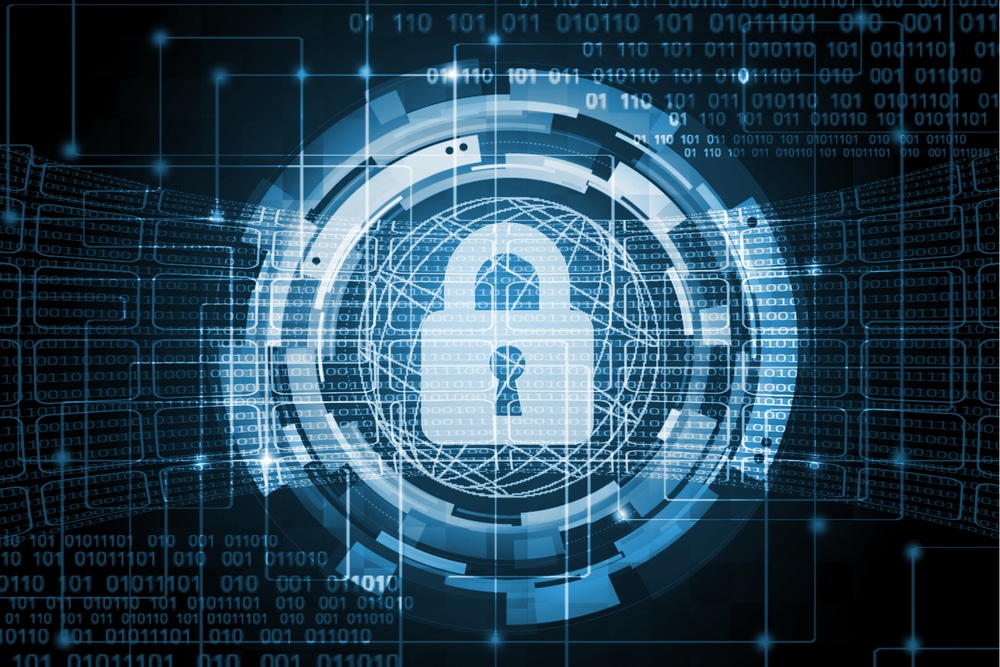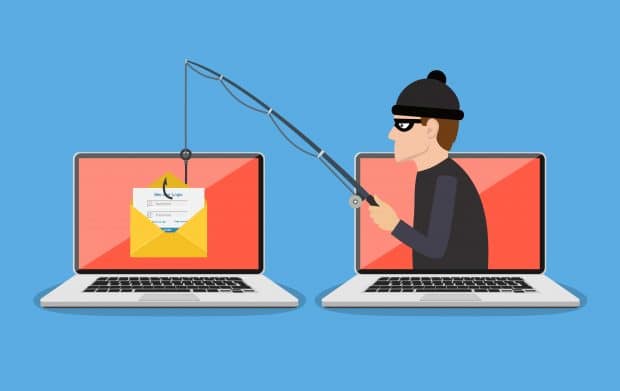Using strong passwords is one of the most ubiquitous cybersecurity recommendations from almost every information security expert. Yet notwithstanding this common recommendation, one technology company reported than “123456” was one of the most common passwords of 2017; with “qwerty” and references to Star Wars movies coming in as close seconds. Hackers love passwords like these because they are so easy to crack.
Some businesses are attempting to respond to bad password practices with multi-factor authentication (MFA) for logins to their networks. But that’s not the only strategy. Businesses that are concerned over potentially lax cybersecurity practices by employees have several other options to protect their networks. Below are a few more suggestions to keep your employees from getting hacked.

Implement Regular Cybersecurity Education and Training.
Here’s a helpful hint, particularly with respect to recognizing phishing emails and other attempts to install malware into an employer’s networks. Cybersecurity training will raise employee regarding constant data breach threats that organization face. It might behoove you to use real world examples during your regular education sessions. Ubiquiti Networks is a perfect illustration. This company lost more than $46 million when an employee responded to a fraudulent fund transfer request.
Demand Better Password Protocols
If employees continue to ignore warnings about weak passwords, employers can employ software password managers or vaults. These tools require workers to remember only a single password. The password manager then creates random passwords that are changed regularly for logins to all other sites. And since the vault is not stored online, it cannot be hacked without physical access to the user’s device.

Adopt Security Standards For BYOD
An intelligent “bring your own device” policy will prevent cybersecurity threats from unprotected employee-owned devices. Many employers allow or encourage their staff to utilize their own personal smartphones, tablets, or laptop computers to log in to the employer’s network.
Hackers know, however, that personal devices typically have fewer protective features than company-owned computers. To prevent hackers from using employee devices as gateways into corporate networks, employers should adopt security standards and other procedures for use of those devices.
Keep Thing Up To Date
Employers should regularly update all operating systems and software to install security patches that correct known flaws in those systems. For example, hackers recently discovered a flaw in Apple’s MacOS High Sierra operating system that allows anyone to access that system by entering the word “root” as a username. Apple responded quickly to fix the problem. But users that do not install the patch the Apple released will continue to use a system that is susceptible to a serious data breach. Installing patches is an easy and inexpensive way to maintain a stronger cybersecurity environment.
Show Top-Down Leadership
Demonstrate to employees that top management takes cybersecurity policy seriously. If good cybersecurity practices are relegated to lower level employees and upper management does nothing to emphasize the importance of those practices, the message will be lost in the organization. All employees need to maintain a high level of cybersecurity vigilance, from the top down.

Maintain An Intelligent Social Media Policy
Try setting limits on what they can post regarding the employer. Cyber attackers look for clues and access points in social media postings, and employees might inadvertently divulge information on a social media post that gives a hacker an opportunity to break into an employer’s system.
Despite all these practices, a determined hacker might still breach an employer’s networks and steal valuable data and customer information. To recover the losses and liabilities that will flow from a data breach, employers should consider producing a good cyber protection policy from a trusted insurer.
Many small and medium sized businesses will be forced to close up shop as a result of the losses that follow a significant data breach. A solid program of good cybersecurity practices among employee plus a strong cyber protection policy will keep the employer’s business up and













Leave a Reply